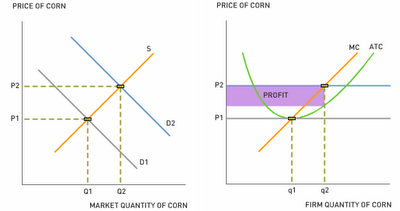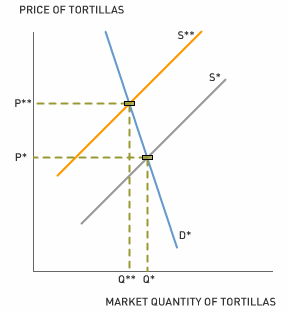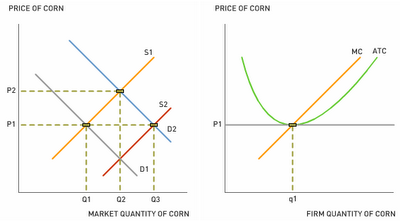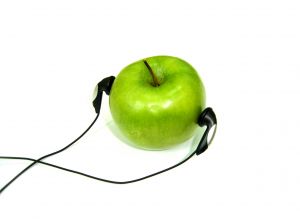Defining Markets
by Harold Elder One rarely has the opportunity to witness the formation of a monopoly, but that’s what will happen if satellite radio broadcasters XM and Sirius are allowed to complete their proposed merger. But is it really a monopoly? On the surface, this appears to be a classic example of “merger to monopoly.” XM and Sirius are the only two providers of subscription satellite radio services, so any merger should yield a single monopoly producer of that particular kind of service.
One rarely has the opportunity to witness the formation of a monopoly, but that’s what will happen if satellite radio broadcasters XM and Sirius are allowed to complete their proposed merger. But is it really a monopoly? On the surface, this appears to be a classic example of “merger to monopoly.” XM and Sirius are the only two providers of subscription satellite radio services, so any merger should yield a single monopoly producer of that particular kind of service.The central issue is the definition of the market. If the market is defined narrowly—satellite radio entertainment providers—then monopoly is exactly what will result. However, in a more broadly defined market, a combined XM–Sirius would not be a monopoly. For example, we could delineate the market to be all suppliers of audio content broadcast into cars (which would include the other radio providers now referred to as “terrestrial radio”), or even the market for all audio music, news, and entertainment sources (which would include Internet radio and downloads from websites like iTunes). In these broader markets, even a single "monopoly" satellite radio firm would face a great deal of competition.
The debate over this proposed merger will center around its impacts on competition and consumer welfare. If the market is narrowly defined, the traditional complaints regarding monopolies are legitimate: reduction in consumer choice, sub-optimal production of content, damping of innovative activities, and, of course, higher prices. However, the firms argue that consumers will benefit from efficiencies resulting from combined operations—their press release claims annual cost savings of up to $7 billion per year and outlines other expected synergies. Of course, it should be noted that both companies have been operating for over 5 years, but neither has generated a profit yet despite growing revenues and significant efforts to expand their subscriber bases.
There are several significant obstacles to the completion of this merger. In 2001, satellite television providers DirecTV and the Dish Network proposed a merger that was eventually blocked by antitrust authorities. Many observers see the XM–Sirius merger as the audio equivalent of the DirecTV–Dish Network deal. A further complication exists because when the two companies were originally licensed, the FCC explicitly forbade one company from owning both satellite broadcasters. The proposed merger will require FCC and Justice Department approval and will likely attract the attention of Congress, so the companies must be hoping that regulators will take a fresh look at the market and competition.
Discussion Questions
1. Can you think of other instances in which a firm dominates a narrowly defined market, but faces competitors from a more broadly defined market?
2. The most famous recent antitrust case was the Microsoft case. In that case, Microsoft argued that even though it dominated the market for computer operating systems, it was still vulnerable to competition from other forms of software. This is a similar argument to the one being made by XM and Sirius. Looking back on the last few years, how much merit did Microsoft's argument have? Does the rise of firms like Google and YouTube mean Microsoft's market power has eroded?
3. Sirius and XM argue that there are economies of scale that make the provider of satellite entertainment a natural monopoly, like the local power company. On the other hand, price wars between the two services may be just as much to blame for their failure to make money. If you were a regulator, what guidelines for pricing could you establish to allow the combined company to realize the economies of scale without gouging consumers on price?
Harold Elder is a professor of economics at the University of Alabama. His research and teaching focuses on applied microeconomics, including law and economics, public sector economics, and a range of public policy topics. He regularly teaches Principles of Microeconomics in the College of Commerce and Business Administration and is the advisor for his university's master's and Ph.D. programs.
Labels: Antitrust, Monopoly, Regulation









